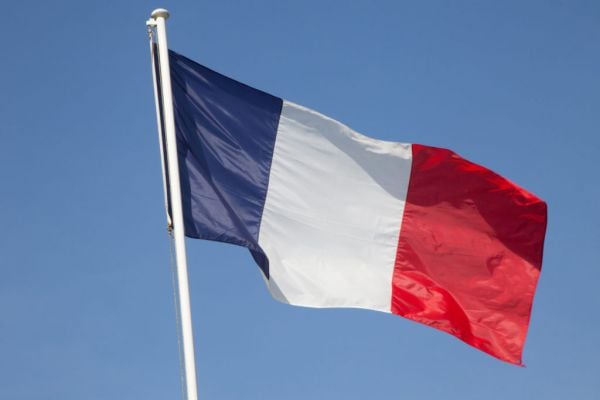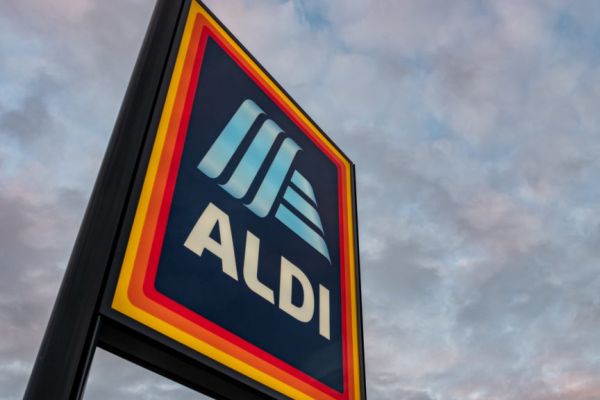French Finance Minister Bruno Le Maire said last week that he had secured a pledge from 75 top food companies to cut prices on hundreds of products next month to reflect a fall in raw material costs.
Supply disruptions exacerbated by Russia's invasion of Ukraine last year boosted commodity costs and fuelled a global surge in inflation.
But food prices have continued to climb in France and many other countries even after energy and agricultural commodity costs fell sharply.
How Do France's Retailers Set Food Prices?
Whereas in most countries retailers and food producers adjust the price of products frequently, France has set by law a three-month time window where such negotiations can take place, between 1 December and 1 March every year.
Prices are then blocked for a full year, unless one-to-one deals include review clauses.
How Are Food Prices Linked To Raw Materials?
France adopted the so-called EGAlim legislation in 2018, during President Emmanuel Macron's first term, with the aim of increasing farmers' income.
Under the legislation, updated in 2021, food producers and retailers are bound to take account of agricultural commodities' price moves, either upwards or downwards, when setting their own prices.
These moves are based on indexes agreed upon by each sector.
They only target farm input such as grains, milk, sugar and meat, not other costs such as energy, labour and packaging which are not regulated.
What proved To Be An Unintended Consequence Of France's Legislation?
Revision clauses only covered 20% of the contracts, according to a French Senate report last year.
Prices were most often locked into yearly price negotiations, too slow to react when input prices move in one or the other direction.
This year, food producers were able to secure higher prices, based on a surge in costs of raw materials, but many of these have since fallen back sharply.
Wheat, for example, is now trading 40% lower than a year ago.
The pledge by food companies to lower their prices from next month means the French government has won a price cut before the next re-indexing round this winter.
What Guarantee Did The Government Win From Producers And Retailers?
Some 75 companies committed to cutting their prices and Le Maire, who said he would get a full list of products affected this week, mentioned pasta, poultry and oil as some of the food items that would see a price reduction.
Anti-fraud body DGCCRF will make regular checks in supermarkets that prices have indeed fallen, and companies could face financial sanctions if they don't follow through.
If companies do not live up to their promise to cut prices, the government could also publicly 'name and shame' them.
Read More: France Strong-Arms Big Food Firms Into Cutting Prices
What We Don't Know About The Terms Of The Deal?
Food industry lobby group Ania set the following conditions for French companies to agree to the price cuts: that they had increased prices by over 10% during the last round of negotiations and also that their input costs fell by over 20% since 1 March.
It is not clear how many companies met those criteria.
Food firms also promised to use more promotions to cut prices, an Ania spokesman said.
However, the share of promotions in the deal and their timing is unclear.
Under the EGAlim legislation, retailers are not allowed to discount products by more than 34% of their value, nor to sell more than 25% of a product's volume in a promotional offer.
Read More: Price Drop Fears Put A Brake On European Grocers' Rally
News by Reuters, edited by Donna Ahern, Checkout. For more retail news, click here. Click subscribe to sign up for the Checkout print edition.






